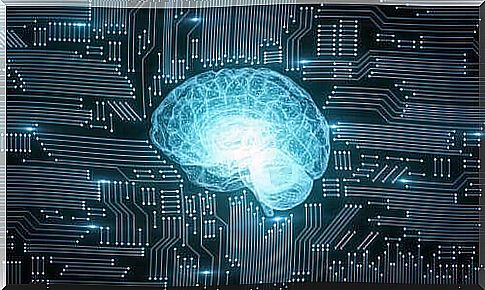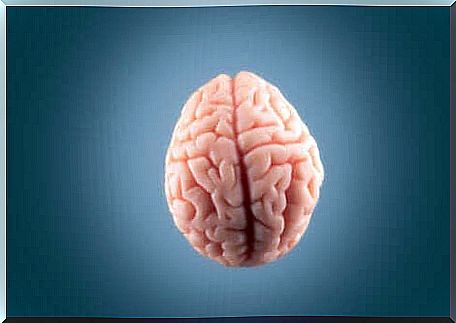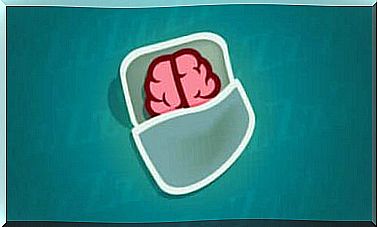How Digitization Affects The Brain

The human brain has nearly 100 billion neurons that communicate with each other faster than the speed of light. Since digitalization penetrated our lives, many have wondered if it could cause the brain to lose some of its capabilities.
The brain has incredible plasticity and adaptability. This means that it adapts to its environment in order to optimize resources. In other words, if digitization means that the brain no longer has to be responsible for certain processes, this may be offset by improvements in other skills.
Researchers have already started looking into this question. In fact, they were even able to identify some changes that the brain may experience, especially among the teenage population.

Digitization and cognitive skills
In a relatively short period of time we have seen many technological advances. And this has obviously changed our behavior. As a result, we now have different habits and do things differently. The way we communicate with one another and access information has also changed and will continue to change.
According to Gary Small, a neuroscientist at the University of California at Los Angeles (UCLA), technology changes our brains. Researchers have seen some neural networks tighten while others weaken. Although this is a natural process in the human brain, Small indicates that certain structures or circuits change. An example is the brain circuit of attention.
We spend a lot of time in front of our smartphones, tablets and computers. Sometimes we even use several devices at the same time. Multitasking is a cognitive skill that allows us to do multiple tasks at the same time. However, research shows that the brain can only give full attention to two tasks at a time.
When the brain focuses on two tasks, the prefrontal cortex divides its resources to perform them. However, if we try to do more than two tasks at the same time, we will have problems filtering information. In addition, we will also focus on things unrelated to the task to be done and have difficulty switching between the different tasks.
In addition, all of these advances in technology affect our ability to store information as we can always look up the answer to any question. However, scientists also suspect that multitasking improves the brain’s decision-making ability as our senses are sharpened and the digital world promotes speed. In addition, the speed of information processing is improved.
Digitization and the developing brain
The effects of digitization on children’s brains are important. In contrast to today’s adults, they don’t know an analog time. You were born into this technology-centric society. In fact, children born after 2000 are considered “digital natives”.
That means that technology has always surrounded them. As a result, they spontaneously and naturally develop a certain way of thinking and understanding the world.
These digital generations develop digital skills as they grow up. And not just because of their surroundings. Because the way in which the adults around them facilitate their interaction with the digital world also plays a key role. For example, parents who give their young children their cell phones or tablets to keep them entertained. This may seem harmless, but this behavior can negatively affect children’s development.
On the one hand, it promotes a sedentary lifestyle that can actually trigger physical changes in the brain. Lack of physical activity can cause nerve fiber deterioration and trigger poor cognitive performance.
Researchers have also observed that excessive use of technology can have a significant impact on children’s language development. This can even cause cortisol levels to rise, which can damage the brain.

Will our brain turn to mush?
As mentioned earlier, the brain is incredibly adept at reacting to its surroundings. Part of this adaptation is to dispense with neural networks that are no longer needed or used. With the increasing digitization of the world, some networks will no longer be necessary and will therefore deteriorate. Scientists call this “the paradox of progress”.
However, contrary to popular belief, this is not inherently bad. This is because the ever-changing brain will use these newly available resources to improve other skills. For example, we may no longer have to remember specific information, as we can look up and view it on our mobile phone at any time. However, you will need to remember where you can access this information.
In summary, it can be said that digitization is definitely changing the brain. As a result, the way we perceive and process the world is also changing.









